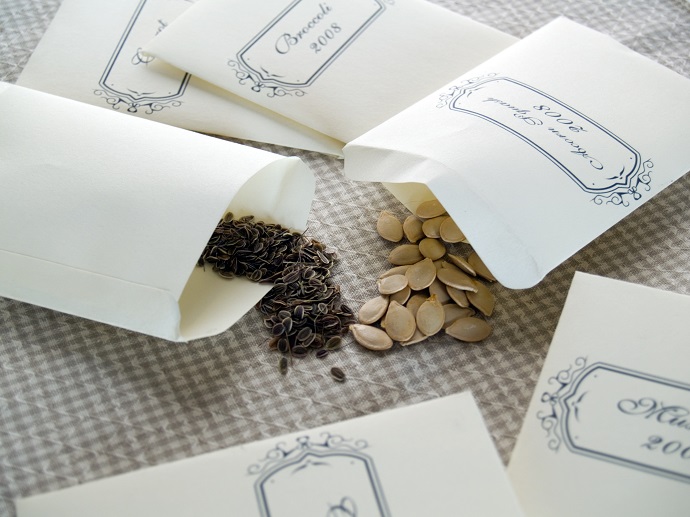Sustainable Gardening

Winter is over and as most of the country will soon dig themselves out of the months-long cold, it is already time to start planning your summer garden. Planting and nurturing a summer garden is one the most fulfilling things you can do. Not only will it teach you hard work and bring you closer to the earth, but you will feel nothing but pride when your homegrown fruits, vegetables, herbs, and flowers have been harvested, consumed, and appreciated.
If you haven’t already, you should consider establishing an environmentally friendly, more sustainable garden. All gardens of any type, and size are great for the environment but some are more sustainable than others. Sustainable gardens are fairly easy to maintain (especially if you are an advanced gardener or have tried your hand at gardening once or twice before). A sustainable lifestyle can be attained in small, yet consistent steps.
A sustainability lifestyle just that….a lifestyle. It takes knowledge, commitment, time, and changes. Sustainability can generally be defined as preserving and protecting the earth with the goal of returning all that you can to the ground, all the while using what you naturally can to sustain you and your family. The widespread practice is fairly new but the benefits are enormous especially in this current day and age of pollution, climate change, and possible food and water shortages.

When it comes to sustainability, little efforts can make a huge difference and one of the easiest ways to live more sustainably is to make your garden even greener. The benefits will be both immediate and long term. Before beginning your garden, you must know some of the key principles of sustainable gardening, some of which are:
• Do no harm
• Design with nature and culture
• Support a living process
• Foster environmental stewardship
• Use a system thinking process
• Utilize the hierarchy of preservation, conservation, ad regeneration
• Compost- Composting may be the easiest and the first rule of sustainability. It is easy to do. All you need to do is save everything from grass clipping to dry leaves to dead flower heads to apple cores and food scraps, and throw in your garden. All of the additional nutrients in these items will be returned to the ground. A natural fertilizer if you will.
• Conserve Water- Do this in any way possible. If your city allows it, collect rain water in barrels for garden and yard use. Consider making your yard smaller by adding plants and bushes, to make a perimeter, that require little to no water. Don’t water you garden with sprinkler heads and instead set up an irrigation system that will flow through your plants.
• Plant Native Plants- These are plants that are indigenous to your climate and soil. They take less water, require less work, and thrive more than non-native plants.

• Keep all of your Seeds- Keep the seeds you get from your successful plants to use in the following year. This saves you money and is completely green.
• Plant Seasonally- Growing season doesn’t only have to be a spring and summer hobby. There are winter plants and seeds you can sow so that they are ready by springtime. An indoor herb garden can be maintained all year as well.
• Use All Organic Materials- Your garden will only be as good as what you put into it. By using organic soil and fertilizer (compost). Avoid chemicals at all costs. Take the time to weed your garden by hand to avoid weed killers. Sustainability is a lifestyle change, not a quick fad.
• Mulch your Garden- Add mulch around your plants and flowers to reduce weed growth. It will also conserve water in your soil.
• Consider Switching to an Electric or Manual Mower- This one may be a tough pill to swallow since gas mowers are so convenient but truthfully they are terrible for the environment. The Environmental Protection Agency (EPA) has found that using a gas-powered mower for an hour emits as much pollution as driving a car for 45 minutes.
• Carefully Plan your Garden Design- Consider where you have trees for shade or what time of day the sun hits your house making shadows in your yard or garden. Plant all of the same plants together. Know your plants and know their needs. Plants that need more shade can be planted next to taller plants, plants that need more water can be put where water collects. When building for your garden, always use recyclable materials.
These small choices and changes will make your garden more sustainable and environmentally friendly. Whether you adopt all of these practices or just a few, your summer garden will sustain you and your family adding to the green cycle of returning nutrients to earth and adding to the cycle of regeneration. Happy planting.
Sources:
http://www.planetnatural.com/sustainable-gardening/
https://en.wikipedia.org/wiki/Sustainable_gardening#Principles_and_concepts
http://www.bhg.com/gardening/yard/lawn-care/10-tips-for-sustainable-gardening/